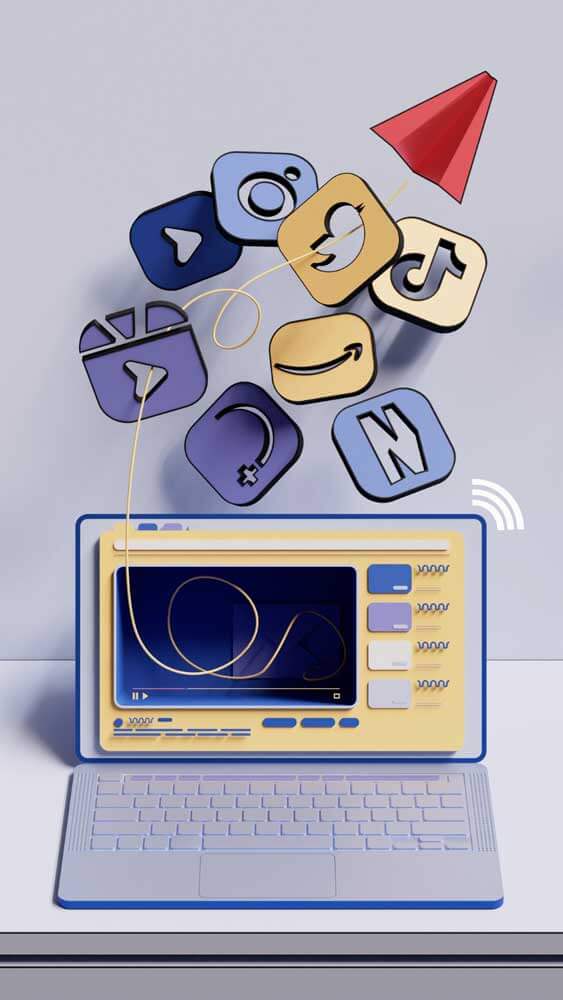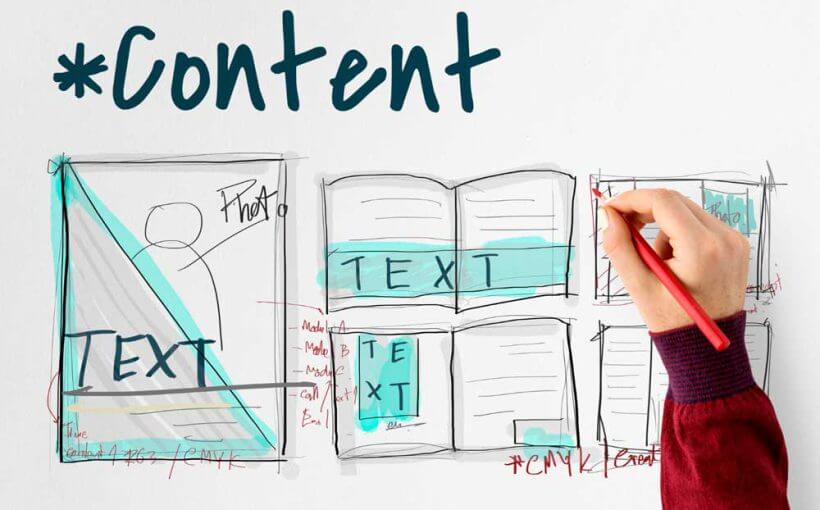 User generated content can provide you with third party testimonials and endorsements, as well as a goldmine of product-centered content that you don’t have to create yourself.
User generated content can provide you with third party testimonials and endorsements, as well as a goldmine of product-centered content that you don’t have to create yourself.
For example, GoPro practically pioneered the concept of user-generated content (UGC) marketing. Their entire brand identity revolves around capturing action and adventure, and who better to showcase that than their customers themselves?
They leverage the #GoPro hashtag to encourage users to share their experiences filmed with GoPro cameras.
GoPro then curates the best content across their social media platforms and marketing materials, highlighting the versatility and quality of their product through real-life user experiences.
How can you tap into a goldmine of user-generated content (UGC) to boost your social media presence? Here’s everything you need to know to get started…
Unearthing UGC Gems
The key to finding UGC lies in understanding your audience’s social media havens. Are they scattered across platforms? Then you can leverage third-party social media dashboards to consolidate mentions and tags across channels, and most platforms offer native tools as well.
Meta Business Suite, for instance, lets you view UGC from linked Facebook and Instagram pages under the Mentions & Tags tab. Explore notifications, search for branded hashtags, or delve into competitor strategies using platforms like Predis.ai to understand what resonates with your target audience.
Building Your UGC Arsenal
Before sharing, ensure you have a system for saving UGC. Platforms like Twitter and Instagram offer bookmarking and saving features. For Facebook, you can create dedicated folders.
To organize content from various platforms, you might use spreadsheets like Google Sheets or Airtable to track links, creator handles, screenshots, and other relevant details. This system also helps brainstorm captions and plan content schedules.
Permission is Key
Always secure permission before sharing UGC, respecting the creator’s ownership. For hashtag campaigns or contests, clarify terms upfront on your social profile or a dedicated landing page. If you discover UGC in mentions or notifications, reach out directly with a comment or DM, expressing gratitude and requesting permission to share.
A Spectrum of UGC to Explore
Now that you’re building a treasure trove of UGC, let’s explore the diverse types that can resonate with your audience:
- Lifestyle Content – Often the most prevalent, this showcases your product or service in action, typically with positive commentary.
- How-To Content – Customer-created tutorials can be as effective as professional videos, revealing hacks or innovative uses for your products.
- Unboxing Videos – Capture the excitement of receiving your product by sharing customer-made unboxing videos.
- Branded Hashtags – Encourage user-generated content by creating a unique branded hashtag and promoting it across your social channels.
- UGC Contests – Incentivize content creation with themed contests, offering prizes to encourage participation. Landing pages make it easier to collect entries and manage the selection process.
- Reviews and Testimonials – Positive customer reviews, quotes, or screenshots can be powerful social proof.
- Case Studies and Customer Stories – Collaborate with customers to create content that shares their genuine experiences with your brand.
- “De-Influencer” Content – Address negative UGC constructively. Respond thoughtfully in comments or DMs, or consider creating a remix with your reaction (always with humor!).
Sharing Your UGC
Once you have a collection of stellar UGC with permission to share, add it into your social media strategy.
- Native Sharing – Use platform-specific tools like retweets, reposts, or shares. Enhance these by adding your brand’s voice through captions, stickers, or emojis. Thank the creator, provide context, and avoid altering the original content.
- Remixing Photos and Reels – In-app remix features allow you to add your reaction to UGC, sparking conversations. Respond to YouTube videos, Instagram photos and reels, or TikTok content using their respective remix options.
- Organic Sharing – Share UGC on your brand’s feed with the creator’s permission. Maintain the original format, credit the creator, and add your commentary or background information. Consider leaving purchase details out of the caption to prioritize social proof.
- Branded Content Ads – High-performing UGC can be repurposed into paid ads to reach a wider audience. Ensure you have permission for advertising purposes, and leverage native advertising features like Meta’s branded content tool.
 The UGC Advantage
The UGC Advantage
By embracing UGC, you showcase genuine customer experiences and product usage, fostering trust and brand loyalty, elevating your social media marketing to new heights.
And you can take UGC a step further by setting the stage for users to create your content. Like Coca-Cola did with their “Share a Coke” Campaign.
This global campaign, launched in 2011, is a textbook example of UGC marketing success. Coca-Cola replaced their iconic logo on bottles and cans with popular names, encouraging people to find and share a Coke with their loved ones. This personalization sparked a social media frenzy, with users sharing photos and stories using the #ShareaCoke hashtag. The campaign not only boosted sales but also strengthened Coca-Cola’s brand association with happiness, connection, and togetherness.
Then there’s UGC on steroids. Imagine capturing your audiences viewing or listening habits for an entire year, and then summing it up in individual personalized reports.
That’s exactly what Spotify does:
Spotify Wrapped: A Masterclass in User-Generated Content
Spotify Wrapped, a year-end campaign by music streaming giant Spotify, is a great example of how a company can effectively leverage user-generated content (UGC) to achieve marketing success.
Launched in 2016, Spotify Wrapped is a personalized microsite that analyzes a user’s listening habits throughout the year. It presents data-driven insights in a visually appealing and interactive format, revealing a user’s top artists, genres, songs, podcasts, and total listening minutes.
While the data itself comes from user activity, Spotify’s magic lies in how they present it. They transform raw data points into a personalized story, sparking user engagement and encouraging content sharing.
Spotify Wrapped uses a vibrant and interactive format, with colorful graphics and statistics presented in a shareable format. The platform seamlessly integrates with social media, allowing users to share their Wrapped results on various platforms with a single click.
By leveraging UGC through Spotify Wrapped, the company increases user engagement, enhances their own brand image, gets free marketing from the organic buzz and gains valuable insights into users’ behavior and music preferences.
Spotify Wrapped is a prime example of how a company can transform user-generated data into a powerful marketing tool. By focusing on creating a fun, personalized, and shareable experience, Spotify encourages user engagement and brand advocacy, all without requiring users to create entirely new content.
